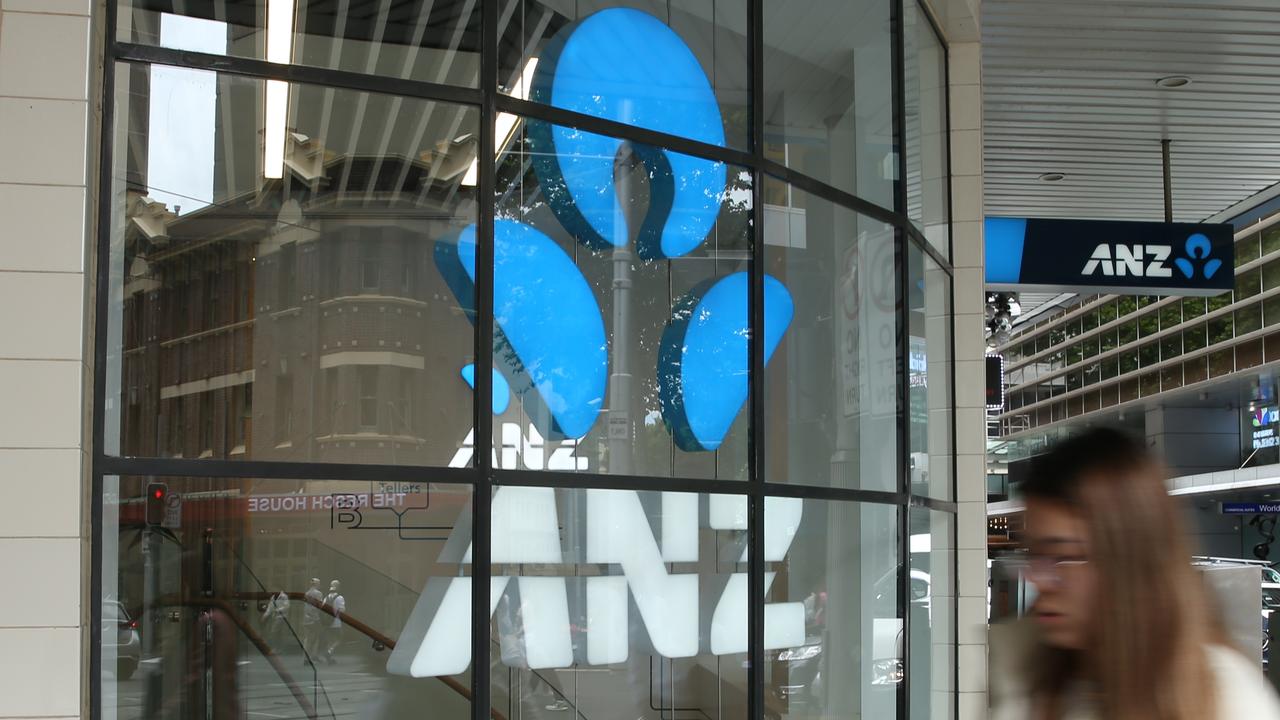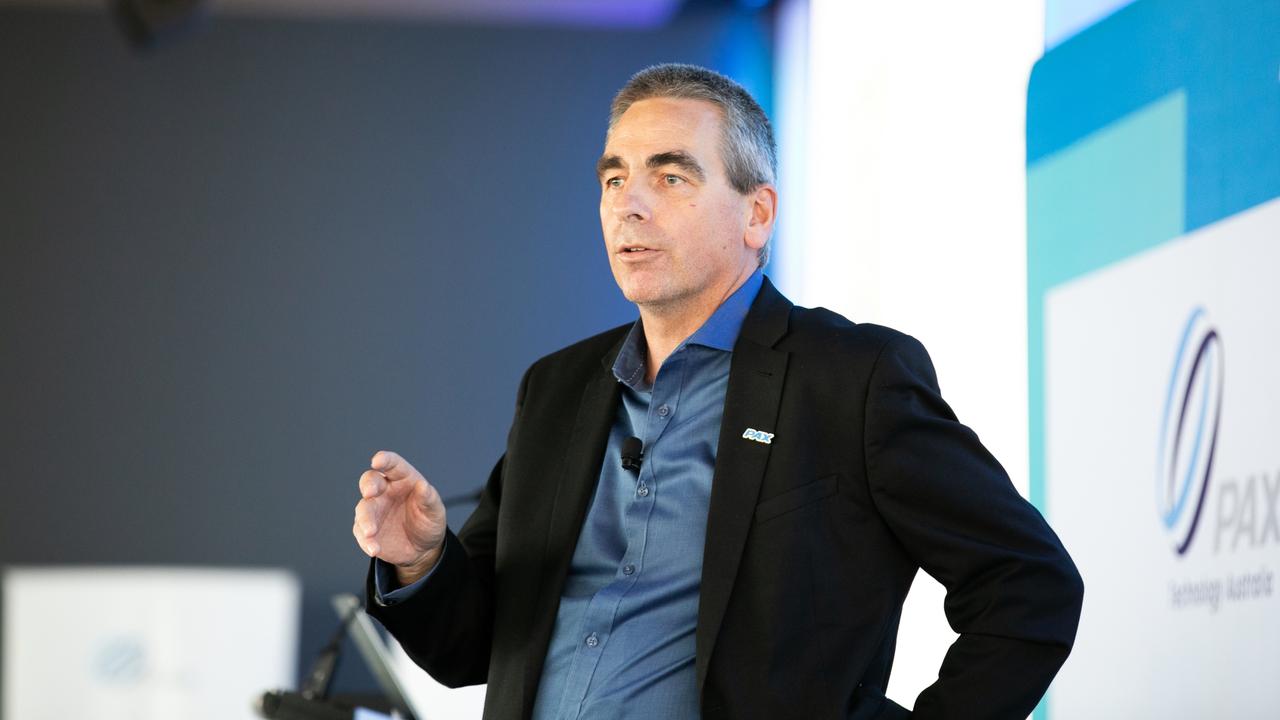No excuses if Westpac’s woes continue

It won’t be a day too soon, as the lender suffers franchise damage from unresolved mortgage processing issues and its debilitating encounter with financial crime agency Austrac.
It’s not as though the consumer bank has been directionless under its acting CEO Richard Burton.
Burton is well-regarded internally and seen to have made the right moves since he was pitched into the acting role in June after David Lindberg succumbed to the lure of Royal Bank of Scotland
However, there is no substitute for stability, and excuses will start to wear thin if King’s chosen team is unable to deliver the expected turnaround.
De Bruin, who is finishing off a period of hotel quarantine, was previously CEO of Dubai-based Deem, one of the largest non-bank financial institutions in the Middle East with 230,000 customers and an 2 billion UAE dirham ($750m) loan book.
Before that, he spent 13 years at Standard Chartered, most recently as head of global retail products and digital banking with responsibility for deposit, lending and payment products.
While rejuvenation of the retail bank will make a huge contribution to King’s turnaround agenda, there are deep-seated problems across the group contributing to its malaise.
A note on Tuesday by UBS analyst Jon Mott highlighted the scale of the challenge by comparing the post-Austrac performance of Westpac to the agency’s other high-profile casualty, Commonwealth Bank.
Mott found CBA managed to return to level-pegging with Westpac in only 12 months.
Westpac, on the other hand, has underperformed CBA by 30 per cent since its anti-money laundering woes began in November 2019.
As a result, CBA’s market value of $151bn is almost double that of Westpac at $78bn, even though its capital base is roughly the same as its Sydney rival.
The direct impact of the AML breaches was manageable for both banks.
For Westpac, however, the indirect consequence was a massive increase in risk and compliance expenditure, coinciding with a significant tightening in mortgage verification.
Westpac’s financial performance suffered a big hit, with CBA’s underlying business left “relatively unscathed” by its AML transgressions in 2017, according to Mott.
A comparison of the two banks’ pre-provision operating profit (PPOP) bears this out.
Growth in PPOP for CBA was broadly in line with Westpac in the 2018 and 2019 financial years, despite the bank’s Austrac issues and excluding notable items such as fines and remediation.
But when it was Westpac’s turn to feel Austrac’s wrath, its PPOP fell 11 per cent in the 2020 financial year as its risk and compliance expenditure blew out.
This compared to a 4 per cent reduction for CBA.
What’s more, in the current financial year, Mott forecast that Westpac’s PPOP would fall 13 per cent — much higher than the predicted 5 per cent decline for CBA.
He said the biggest call in banking in 2021 was likely to be whether or not Westpac could bounce back, with the bank confronting a consensus view that costs would be broadly flat and market-share losses were likely to continue.
Climate concern
Global climate conspiracists including our very own Liberal Party MP Craig Kelly will be appalled to hear that the prudential regulator has filled its vacancy for a head of climate risk.
Graham Sinden, previously a director of Ernst & Young’s climate and sustainability practice, was the lucky applicant, starting late last year at the Australian Prudential Regulation Authority.
If it’s any consolation to Kelly, climate is one of many risks in the financial sector which APRA deems worthy of specific oversight.
Others include liquidity, technology resilience (formerly cyber), credit, operational, insurance, market, investment and risk culture.
Each of them have a responsible manager like Sinden.
Who knows, but in Kelly’s wacky world view it’s quite possible that down-the-line managers like Sinden actually hold the keys to the regulatory kingdom, with a brief to destroy the fossil fuel industry.
He will derive no comfort from the fact APRA’s heads of risk report to general managers, who report to executive directors, who report to members including chairman Wayne Byres.
Kelly attacked APRA last August over its intention to hire a climate risk expert, saying it had failed to adequately prepare for the coronavirus pandemic because of its obsession with climate change.
“You’ve made specific requirements for your APRA-regulated entities to make provisions and comments on climate risk but you’ve done nothing on pandemic risk,” the MP said.
“It seems to me you’ve dropped the ball completely and you’ve been overly focusing on climate when you haven’t been focusing on pandemics.”
Byres responded that APRA had released guidance on pandemic risk 12 years ago, and its work had contributed to banks building sufficient capital buffers to withstand the resulting economic shock.
“To your assertion that we’ve done nothing for 12 years, that guidance was updated on a number of occasions since it was originally released, and we would regard the fact that the industry has withstood this period of significant disruption as evidence that actually it has had an effect,” he said.
gluyasr@theaustralian.com.au Twitter: @Gluyasr






Westpac chief executive Peter King’s new senior management team will finally be in place by the end of this month, with the addition of expatriate banker Chris de Bruin as head of the consumer bank.